Configuration source customization is available beginning in Azure Functions host versions 2.0.14192.0 and 3.0.14191.0.
To specify additional configuration sources, override the ConfigureAppConfiguration method in your function app's StartUp class.
using Microsoft.Azure.Functions.Extensions.DependencyInjection;
using Microsoft.Extensions.Configuration;
using Microsoft.Extensions.DependencyInjection;
[assembly: FunctionsStartup(typeof(MyNamespace.Startup))]
namespace MyNamespace
{
public class Startup : FunctionsStartup
{
public override void ConfigureAppConfiguration(IFunctionsConfigurationBuilder
builder)
{
FunctionsHostBuilderContext context = builder.GetContext();
builder.ConfigurationBuilder
.AddJsonFile(Path.Combine(context.ApplicationRootPath,
"appsettings.json"), optional: true, reloadOnChange: false)
.AddJsonFile(Path.Combine(context.ApplicationRootPath, $"appsettings.
{context.EnvironmentName}.json"), optional: true, reloadOnChange: false)
.AddEnvironmentVariables();
}
}
}
// update configuration in csproject
<None Update="appsettings.json">
<CopyToOutputDirectory>PreserveNewest</CopyToOutputDirectory>
</None>
<None Update="appsettings">
<CopyToOutputDirectory>PreserveNewest</CopyToOutputDirectory>
<CopyToPublishDirectory>Never</CopyToPublishDirectory>
</None>
Instead of everytime using configuration, you can inject option class whenever required as below.
From inside the Startup.Configure method, you can extract values from the IConfiguration instance into your custom type using the following code:
builder.Services.AddOptions<MyOptions>()
.Configure<IConfiguration>((settings, configuration) =>
{
configuration.GetSection("MyOptions").Bind(settings);
});
Function class:
using System;
using Microsoft.Extensions.Options;
public class HttpTrigger
{
private readonly MyOptions _settings;
public HttpTrigger(IOptions<MyOptions> options)
{
_settings = options.Value;
}
}
Refer: https://learn.microsoft.com/azure/azure-functions/functions-dotnet-dependency-injection#customizing-configuration-sources

